30 Ways To Honour truth and reconciliation Year round
A commitment to honouring our land, it’s history and it’s future
September 30 is the National Day for Truth and Reconciliation, also known as Orange Shirt Day. It’s a day to witness and honour the healing journey of residential school survivors, their families and those who did not make it home and to commit to the ongoing process of reconciliation.
Sheridan College created a list of actionable ways for students, staff, faculty and community members to come together and honour National Truth and Reconciliation. Here is a list of actions we can all take through the year to create meaningful discussion and reflection to reaffirm that survivors, and all those that have been affected, matter.
1. Listen to the CBC podcast Kuper Island
Long after the Kuper Island Residential School was torn down, the survivors are still haunted by what happened there. Investigative reporter Duncan McCue exposes buried police investigations, confronts perpetrators of abuse and witnesses a community trying to rebuild — literally on top of the old school’s ruins and the unmarked graves of Indigenous children.
2. Learn about Ontario treaties and reserves
Treaties are agreements made between the Government of Canada, Indigenous groups and often provinces and territories that define ongoing rights and obligations. They provide a framework for living together and sharing the land Indigenous peoples traditionally occupied and provide foundations for ongoing co-operation and partnership as we move forward together to advance reconciliation.Learn about the treaties that apply where you work and where you live. You can start by looking online for a map of Ontario treaties. Although, there are some limitations for the interactive map, it is a good place to start.
3. Read the 94 Calls To Action
Learn about the 94 Calls to Action (CTAs), actionable policy recommendations created by the National Truth and Reconciliation Commission of Canada. These CTAs are meant to aid the healing process in two ways: acknowledging the full, horrifying history of the residential schools system, and creating systems to prevent these abuses from ever happening again.
4. Watch the film We Were Children
This film looks at the profound impact of the Canadian government’s residential school system through the eyes of two children, Lyna and Glen. They were taken from their homes and placed in church-run boarding schools, where they suffered years. “We Were Children gives voice to a national tragedy and demonstrates the incredible resilience of the human spirit”. Viewers discretion is strongly advised.
5. Read Truth and Reconciliation Reports
Overall goals of the The Truth and Reconciliation Reports focus on promoting healing, educating, listening to lived experiences to provide recommendations for the Government of Canada.
6. Read Five Little Indians by Michelle Good
Taken from their families when they are very small and sent to a remote, church-run residential school, Kenny, Lucy, Clara, Howie and Maisie are barely out of childhood when they are finally released after years of detention. With compassion and insight, Five Little Indians chronicles the desperate quest of these residential school survivors to come to terms with their past and, ultimately, find a way forward.
7. Read 21 Things You May Not Know About the Indian Act
This is an essential guide to understanding the legal document and its repercussions on generations of Indigenous Peoples, written by a leading cultural sensitivity trainer, Bob Joseph.
8. Read Seven Fallen Feathers by Tanya Talaga
Over the span of eleven years, seven Indigenous high school students died in Thunder Bay, Ontario. They were hundreds of kilometres away from their families, forced to leave home because there was no adequate high school on their reserves. Five were found dead in the rivers surrounding Lake Superior, below a sacred Indigenous site.
9. Visit the Orange Shirt Society
The Orange Shirt Society is a non-profit organization with its home in Williams Lake, BC. They have made a commitment to support Indian Residential School Reconciliation, to create awareness of the individual, family and community inter-generational impacts of Indian Residential Schools through Orange Shirt Society activities and to create awareness of the concept of "Every Child Matters".
11. Sign up for Sheridan’s online workshop
On September 27th Travelling Down the River Together: Living Truth and Reconciliation hosted an online workshop to acknowledge how to embody living in truth daily and how we can make an impact both as individuals and a collective.
12.Buy an Orange Shirt and wear it on September 30th
The Orange Shirt Society has created Orange t-shirt to raise awareness across Canada about the Indian Residential Schools and their continuing impacts on individuals, families and communities. If you would like to buy a shirt to promote the concept of "Every Child Matters" and wear it on September 30th to show solidarity.
Sheridan’s hosting a few events this week to honour the day:
13. Travelling Down the River Together: Living Truth and Reconciliation
Join us in conversation as we reflect on Sheridan’s land acknowledgement, the principles of reconciliation, and the pivotal role postsecondary institutions play in addressing the legacy of the residential school system.
14. Looking Forward, Looking Back: Indigenous Learning Series
This workshop us for Sheridan staff and students to strengthen their understanding on how to approach Truth and Reconciliation from an institutional level.
15. Learn about Sheridan’s Indigenous Student Support
The Centre for Indigenous Learning and Support is an inclusive space for you to make friends and access support. This is part of Sheridan's commitment to support the academic and personal success of all Indigenous students: Status, Non-Status, Metis, and Inuit.
16. Sheridan Library’s Indigenous Studies guide
The Sheridan College Library guides have a wide range of articles, books and research for anyone looking to expand their knowledge.
17. Take a tour of Mohawk Institute Residential School
During the video Lorrie provides the history of the institution over its 140 year history. Viewers will get to see the different rooms in the school, from the girls’ and boys’ dormitories, the cafeteria, laundry room, and other rooms throughout the building, as well as hear interviews from five Survivors of the Mohawk Institute.
18. Take a look at Sheridan’s digital repository
SOURCE is Sheridan's institutional repository for preserving and promoting exceptional scholarly and creative works. The repository is a service provided by Sheridan Library.
19. Become trauma-informed
From an Indigenous perspective, trauma-informed training is learning how to have cultural competence and understanding about the traditions and practices of diverse specific culture and using that knowledge to inform how we interact with one another. When working with and teaching Indigenous people specifically, having an understanding of their cultural practices is essential to promoting and understanding the healing process in our spaces.
20. Take a free Indigenous Canada course
Indigenous Canada is a 12-lesson Massive Open Online Course (MOOC) from the Faculty of Native Studies that explores the different histories and contemporary perspectives of Indigenous peoples living in Canada. From an Indigenous perspective, this course explores complex experiences Indigenous peoples face today from a historical and critical perspective highlighting national and local Indigenous-settler relations.
21. Visit UBC’s Indigenous Foundations website
Indigenous Foundations, an information resource on key topics relating to the histories, politics, and cultures of the Aboriginal peoples of Canada. This website was developed to support students in their studies, and to provide instructors, researchers and the broader public with a place to begin exploring topics that relate to Aboriginal peoples, cultures, and histories.
22. Talk to your children about truth and reconciliation
We all want to raise children who honour their own culture and the cultures of others and the peoples of this land. It’s important to share the knowledge you have with others, and learn how to speak to children about Truth and Reconciliation.
23. Watch Starleigh Grass’ TEDx Talk
Starleigh Grass speaks about residential schools and reconciliation in this TEDTalk. She discusses her mother’s experience in a residential school, and the importance of reconciliation including aspects of Indigenous culture in the public education curriculum, like their rich oral histories, as well as more information regarding the truth of residential schools and the aftermath that still affects Indigenous people in Canada today.
24. Visit Sheridan’s Medicine Garden
This is a garden for all people and all living things. It provides a sacred space for healing, celebration and peace at the Trafalgar Campus.
25. Learn about the United Nations Declaration on the Rights of Indigenous Peoples
The United Nations Declaration on the Rights of Indigenous Peoples (UNDRIP) is an international instrument adopted by the United Nations on September 13, 2007, to ensure (according to Article 43) the rights that “constitute the minimum standards for the survival, dignity and well-being of the indigenous peoples of the world.” The UNDRIP protects collective rights that may not be addressed in other human rights charters that emphasize individual rights, and it also safeguards the individual rights of Indigenous people.
26. Get to know the Debwewin Project
“Debwewin”- the Oakville Truth Project, to further our shared understanding of Oakville’s Indigenous past and support local Truth & Reconciliation.
27. Check out these 35 Books
During National Indigenous History Month, CBC curated a list of books by First Nations, Métis and Inuit authors to amplify the voices and support the truth and experiences of diverse Indigenous people. Whether you want to read autobiographical pieces, or opt for some fiction, here are more books to add to your reading list.
28. Connect with the Virtual Community
For students who are interested in starting an Indigenous Students Association or club at Sheridan, we can support you in continuing to raise awareness on issues that directly impact Indigenous students while also building a sense of community. Reach out to your campus clubs coordinator: Sarah (TRC), Leia (HMC) or Ellina (Davis) to get started.
29. Share the truth with peers
Sharing your knowledge whether it’s through speaking one-on-one with friends and family, through social media channels or a mix of all three, sharing the truth about history is an essential step towards healing and actionable change.
30. Honour the children
Honour the children in a way that’s meaningful to you. Whether you decide to watch Indigenous content, or listen to the stories of elders, pledge to remain committed to Truth and Reconciliation year round, the most important factor is that the participation is ongoing and meaningful to you and Indigenous communities.





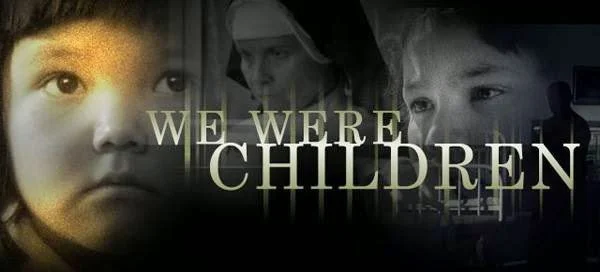
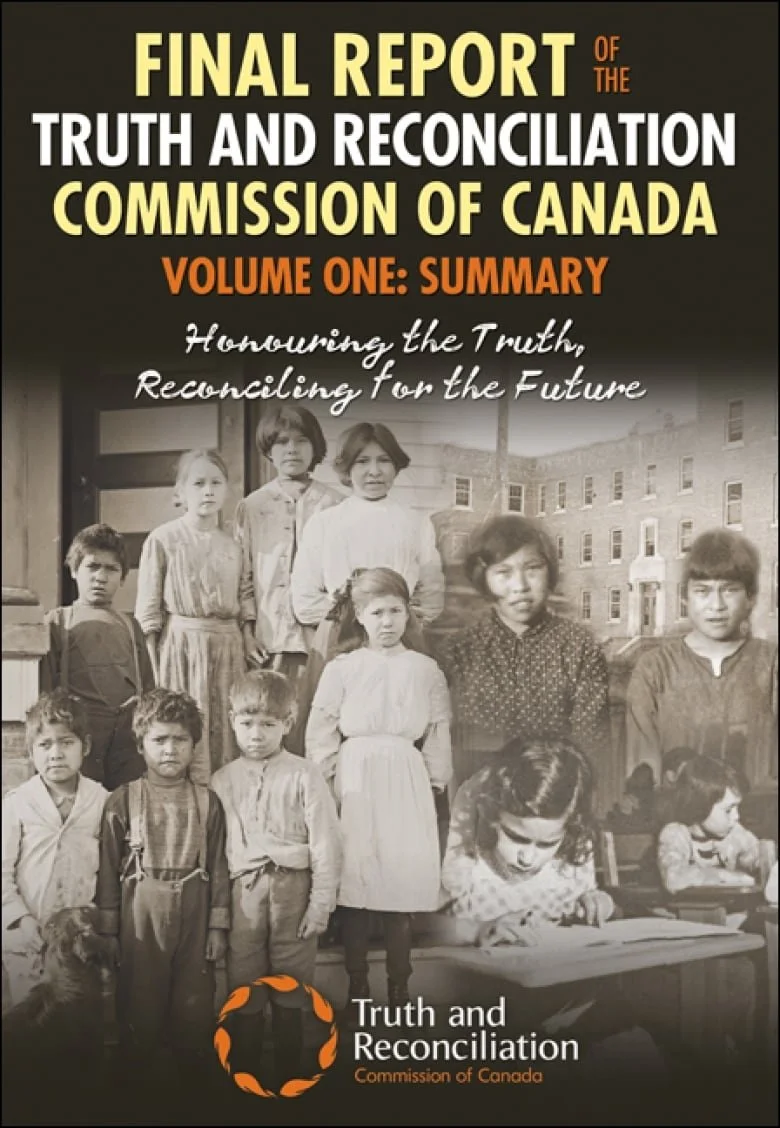
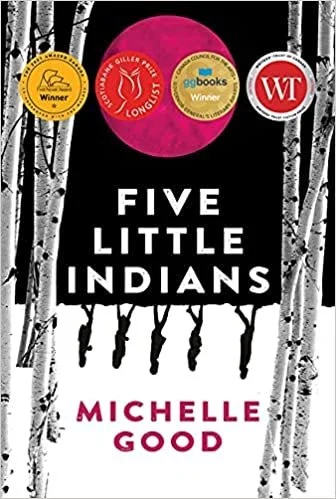

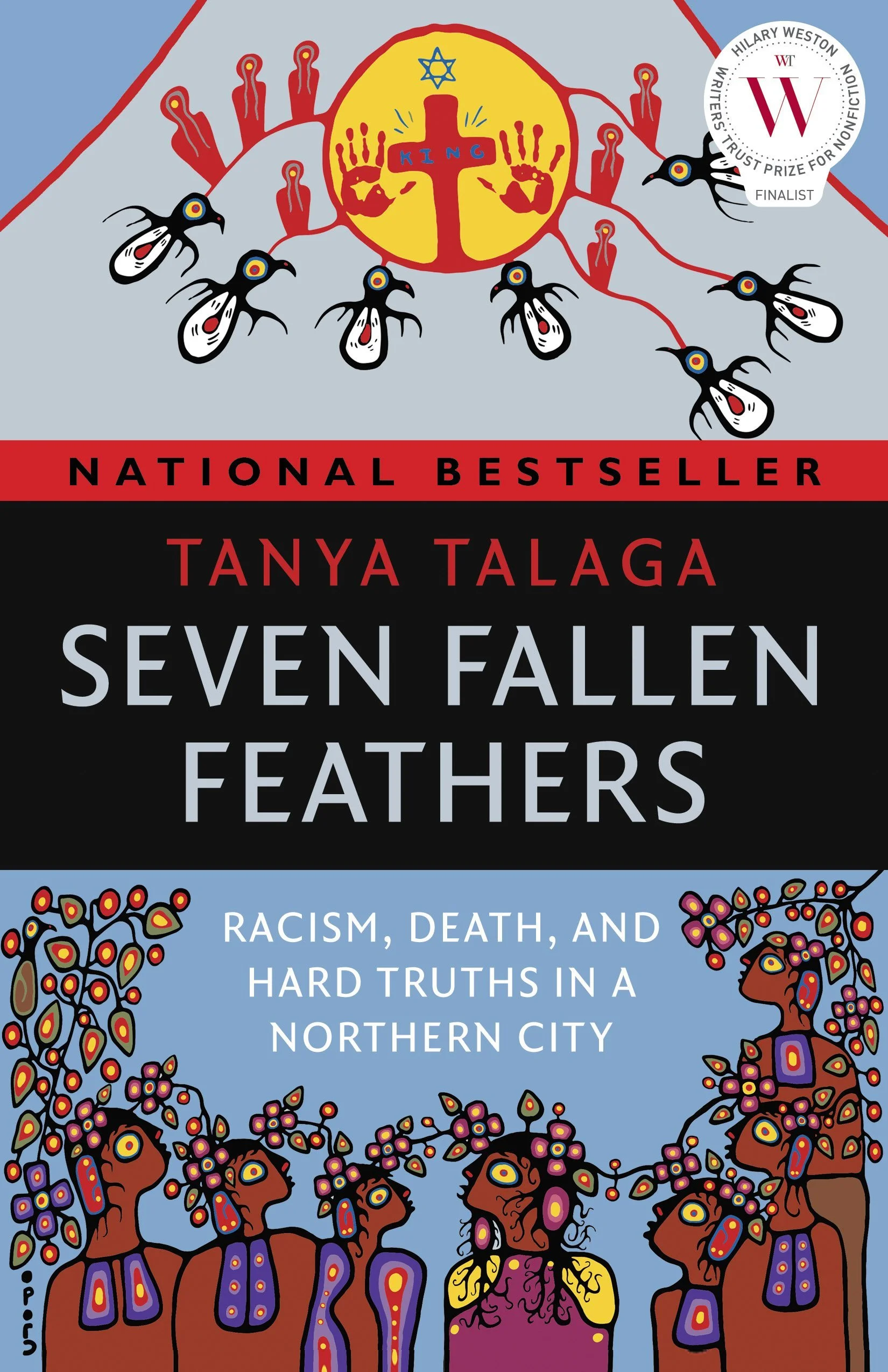

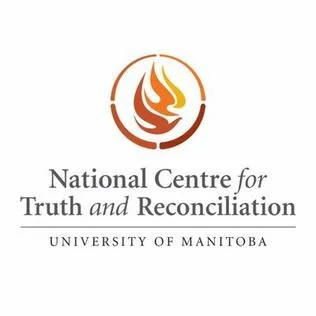


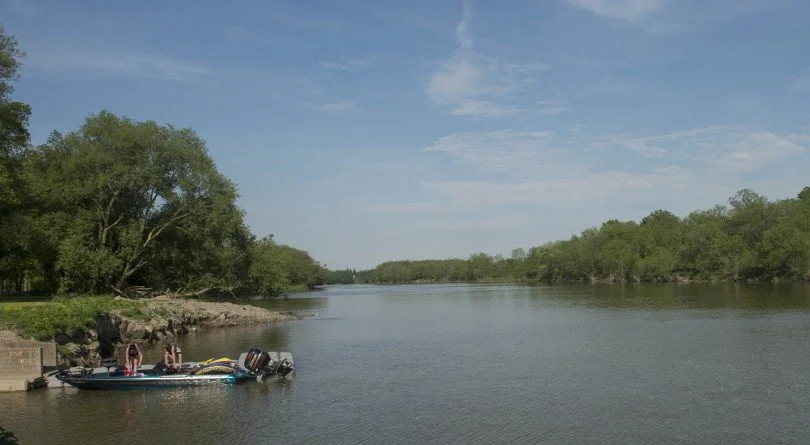
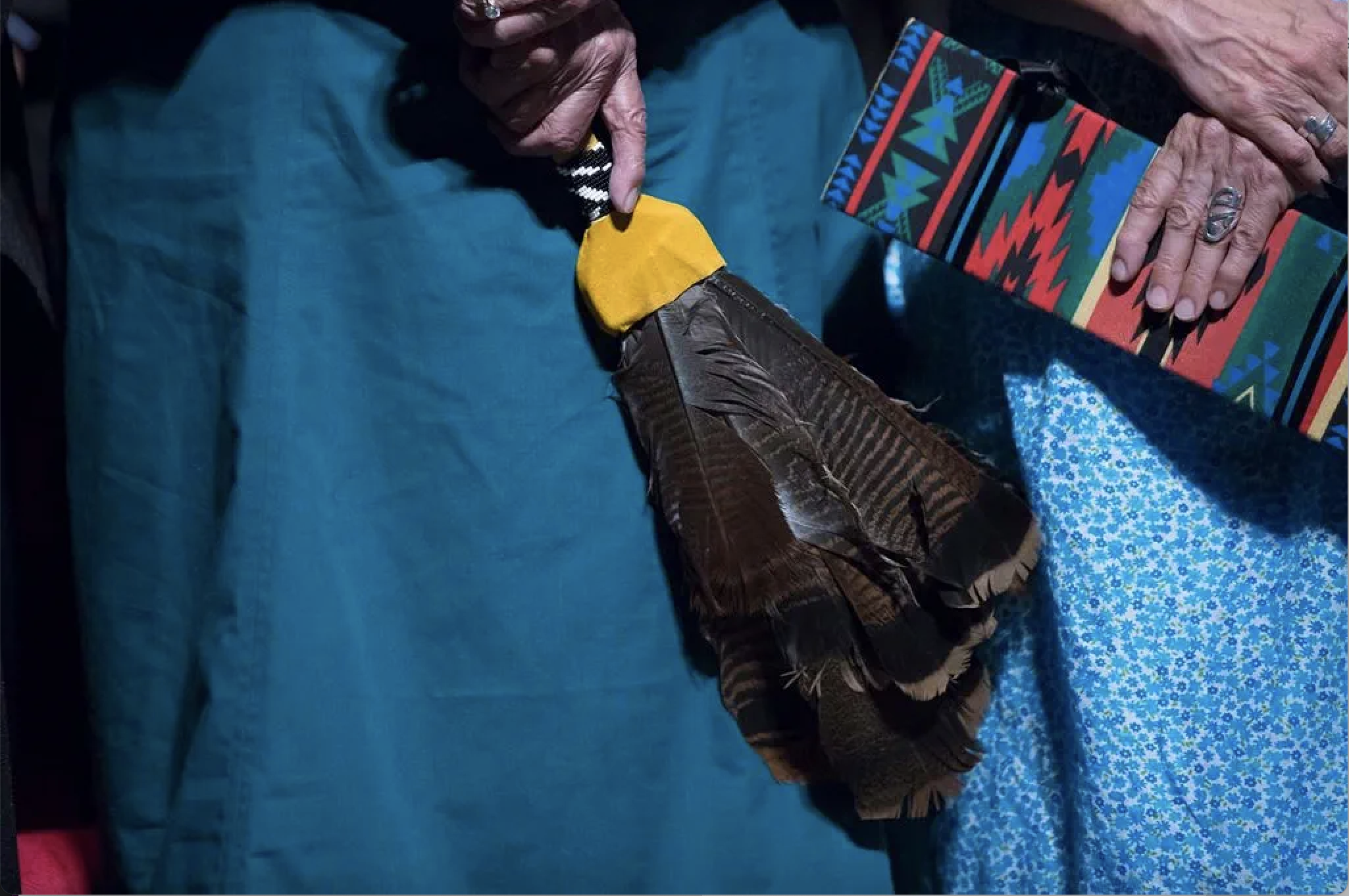
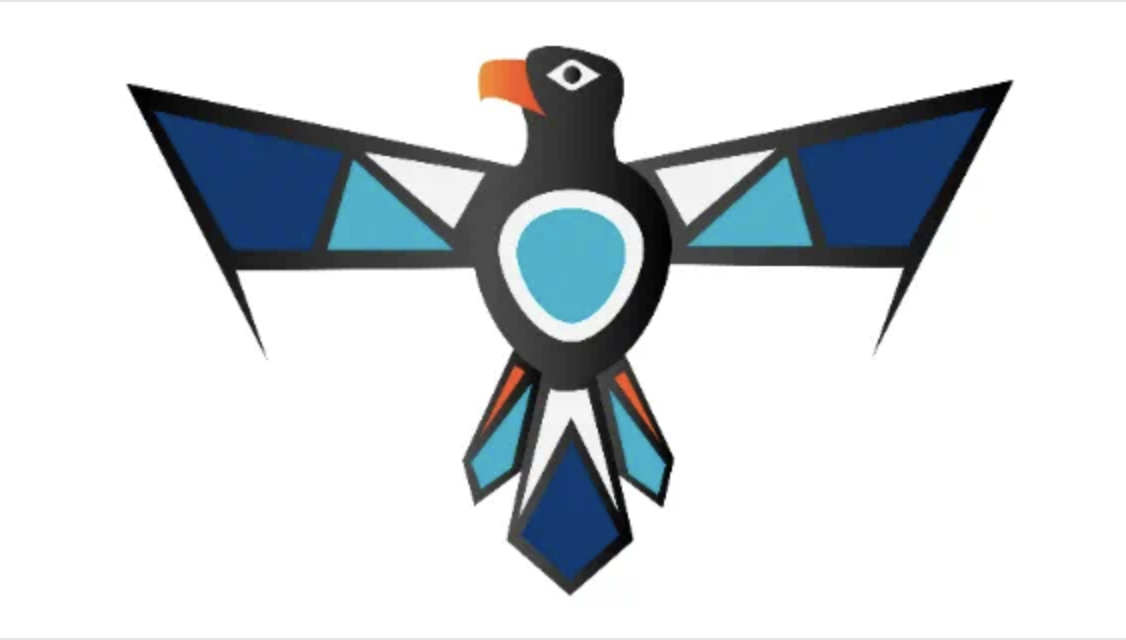
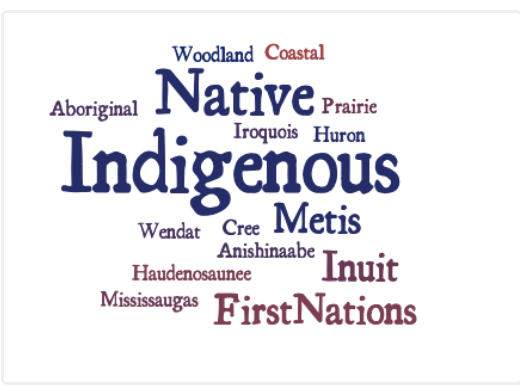
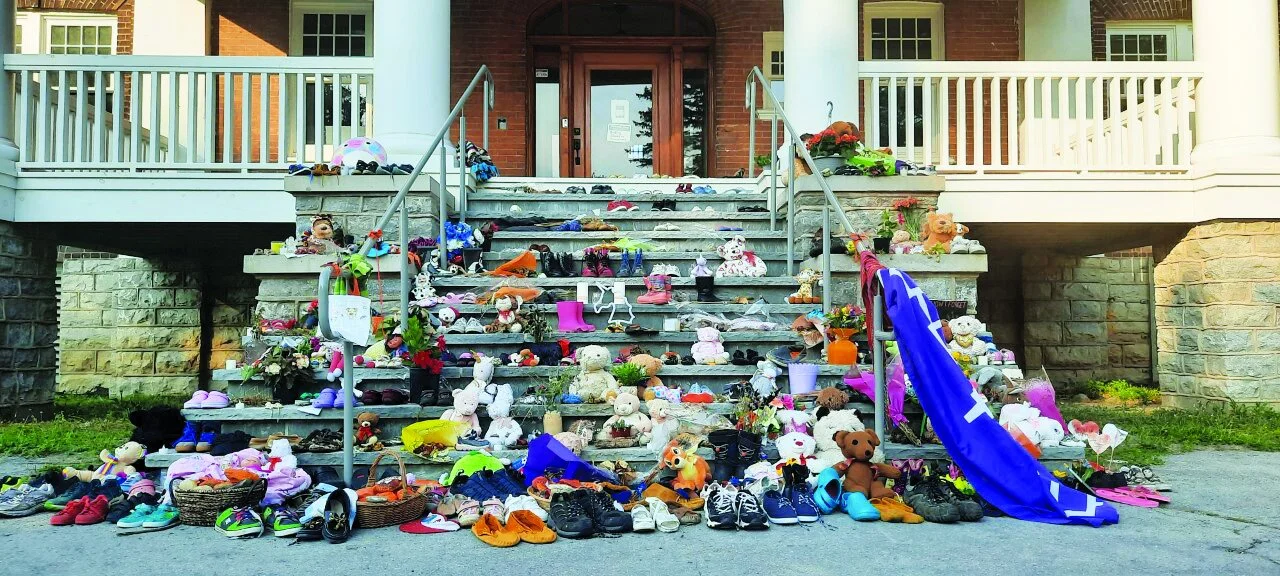
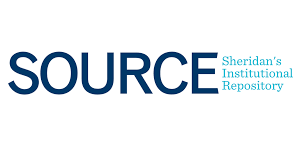
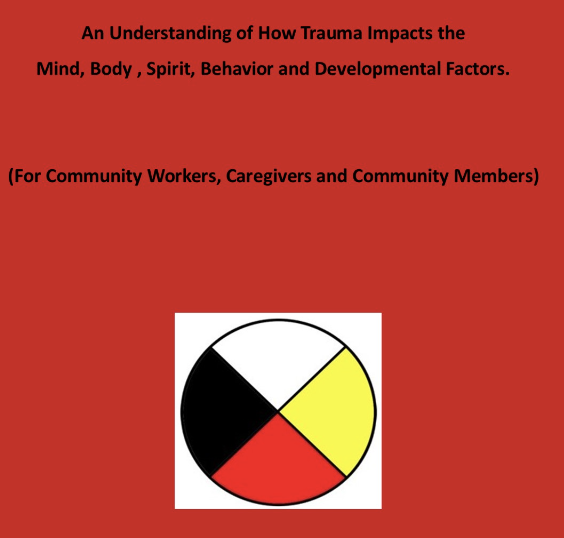

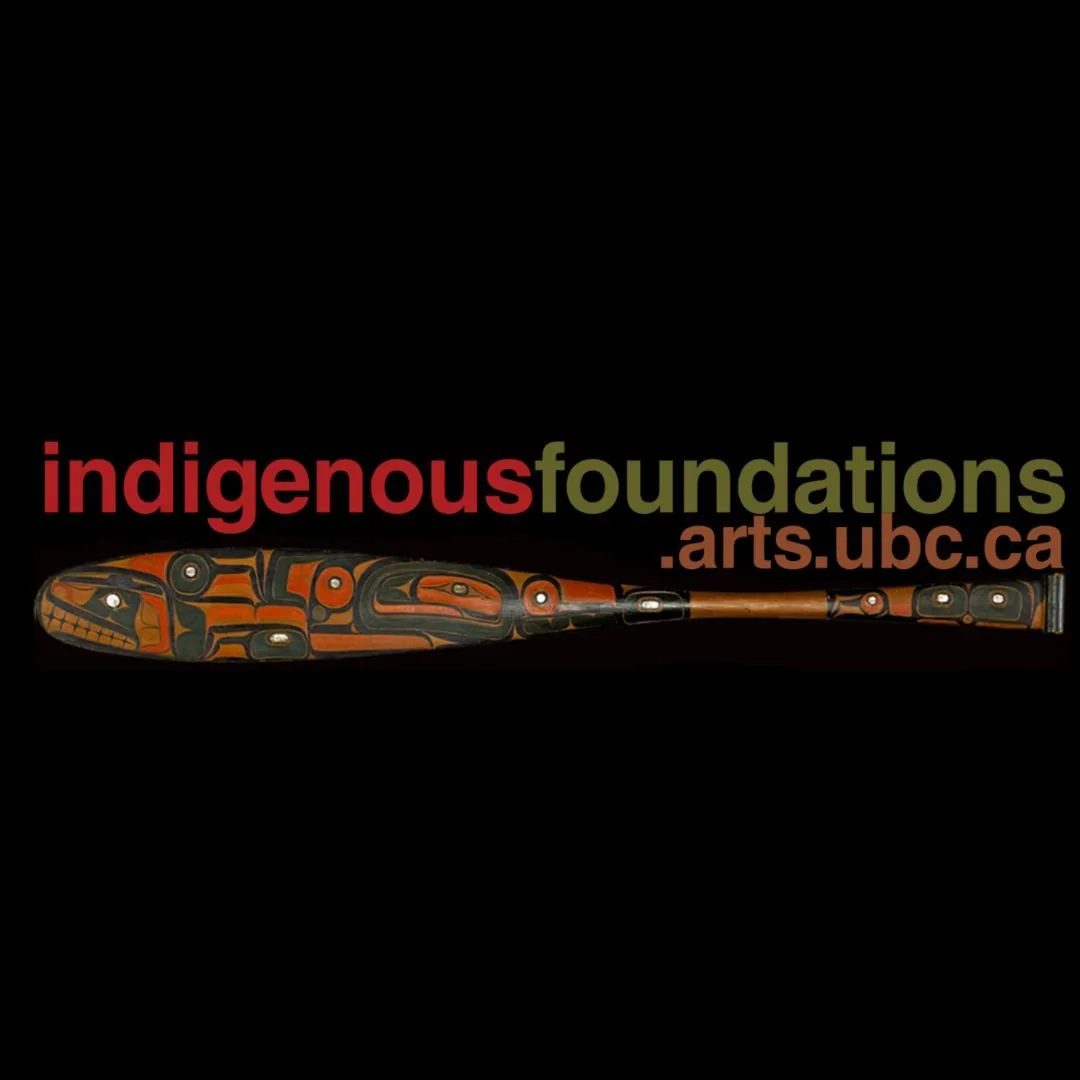
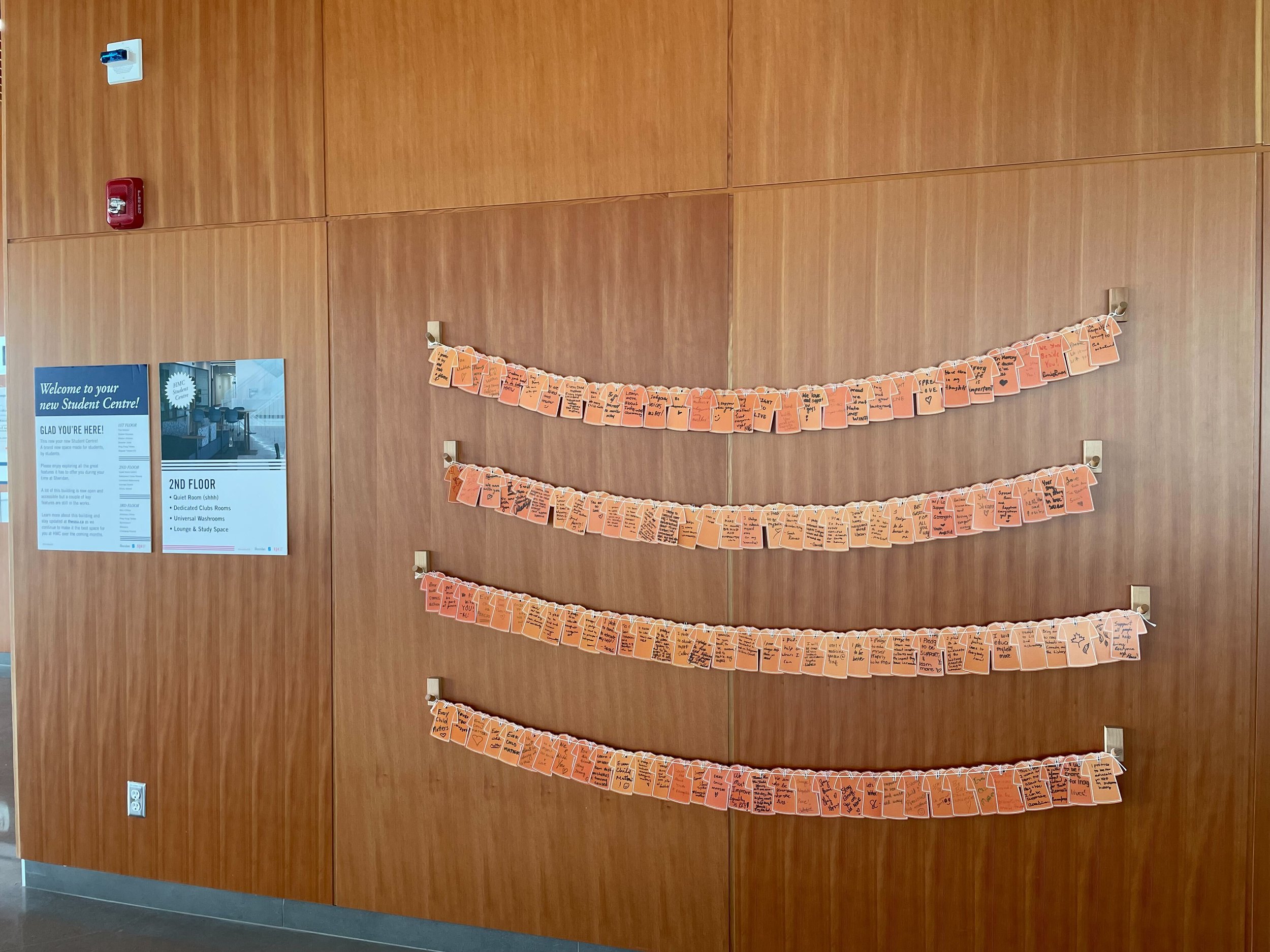
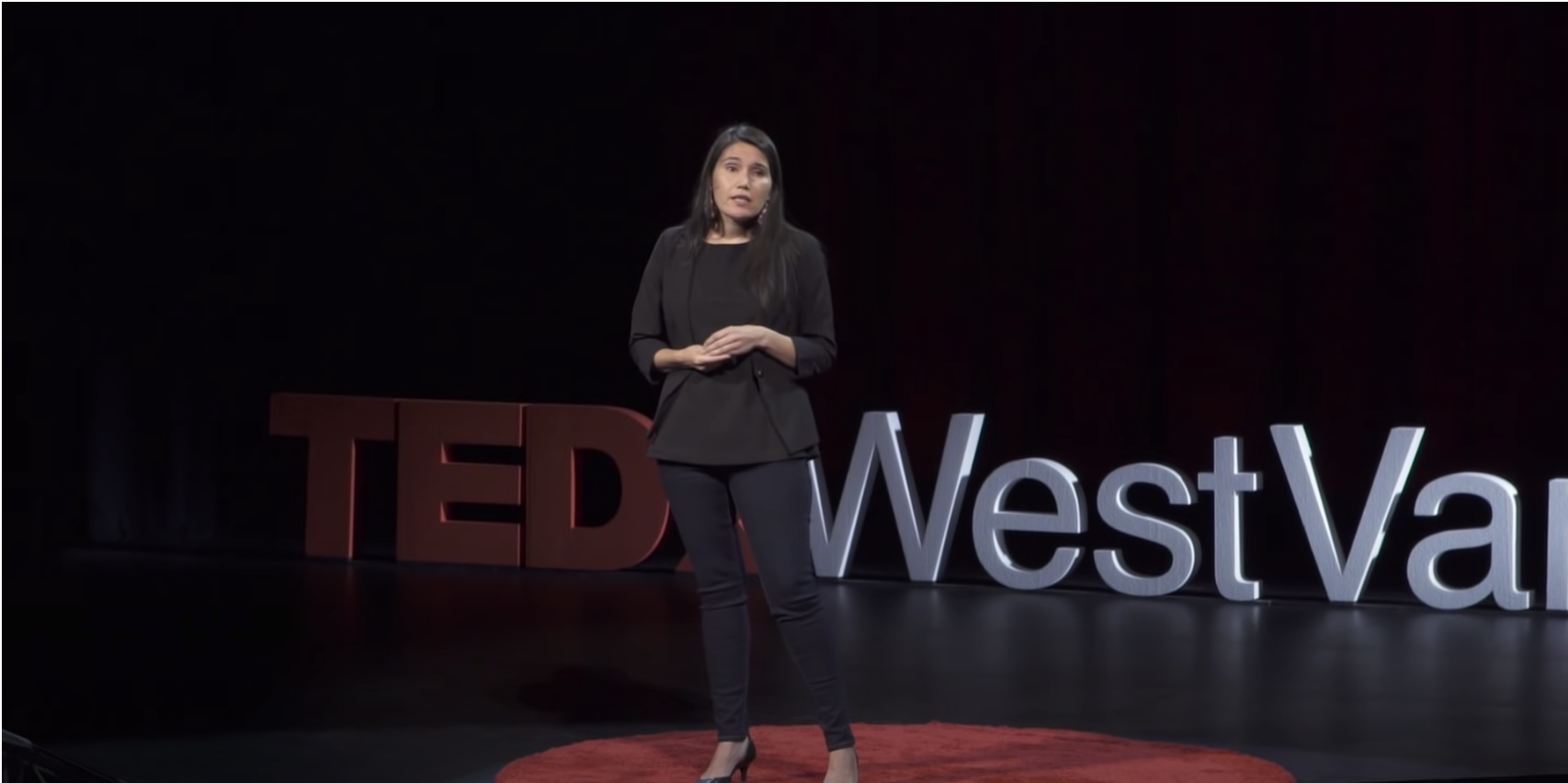

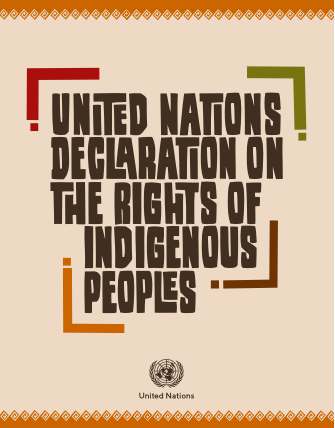
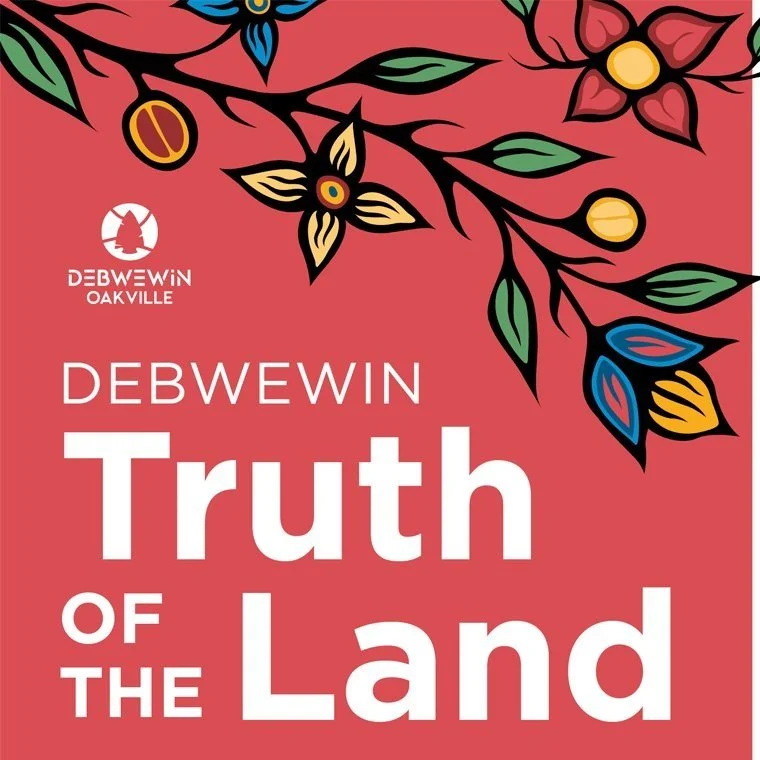
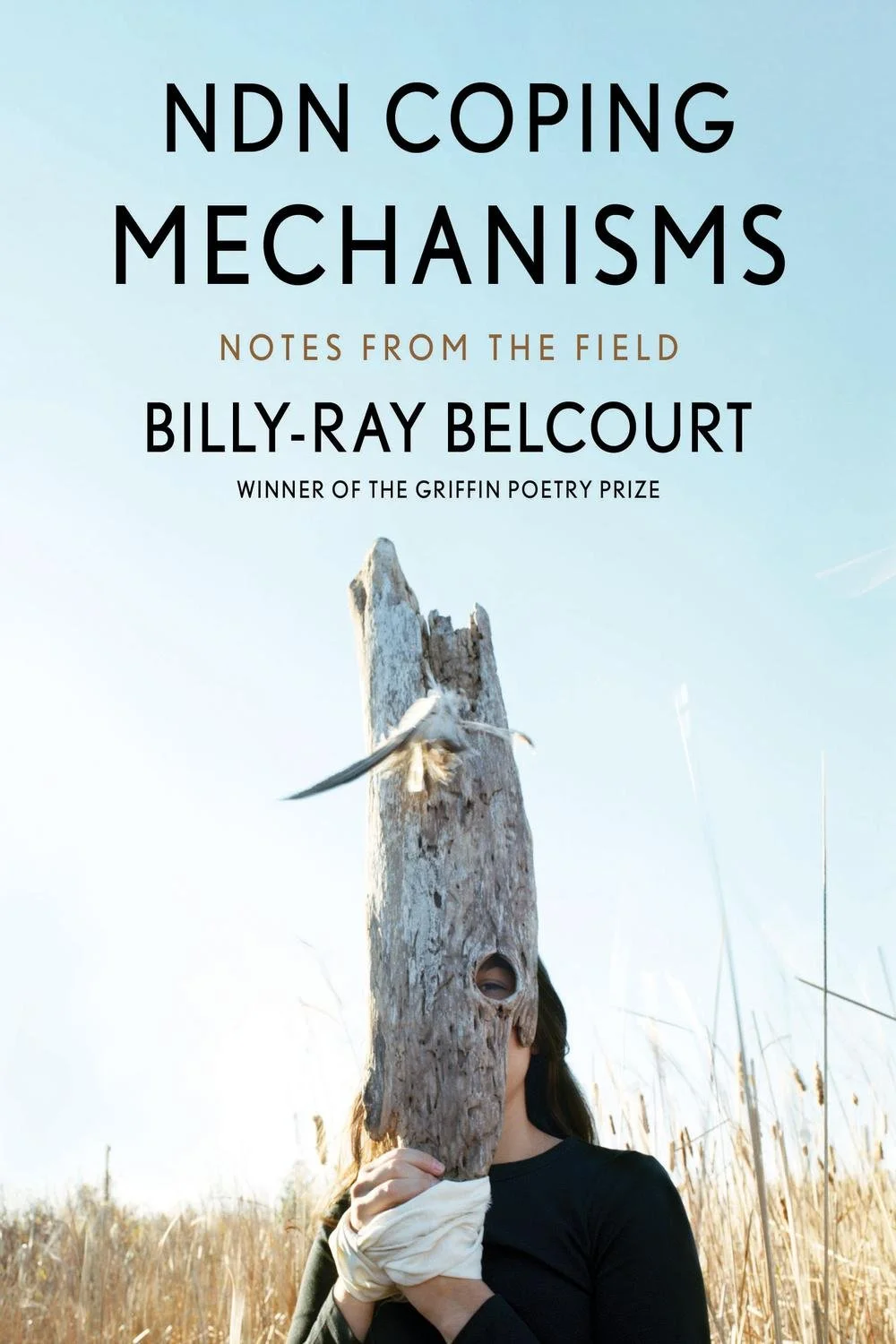

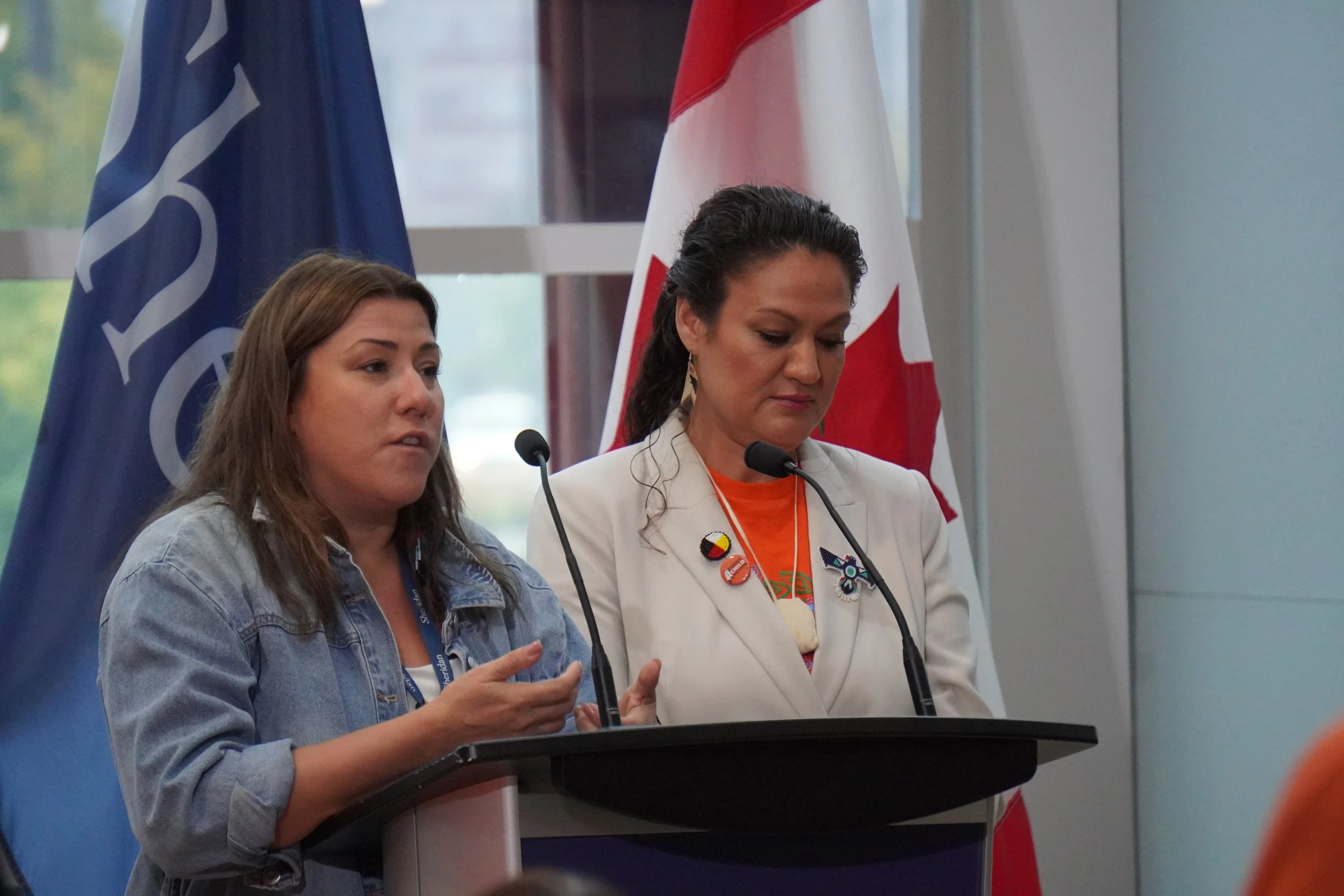
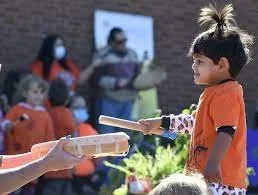

“I think one of the coolest things I learned during this event was that Chelsea was instrumental in advocating for the Centre of Indigenous Learning and Support at Davis. It’s still so inspiring to know that because of “the girl that didn’t take no for an answer,” current and future Sheridan students can now find solace and comfort here”.